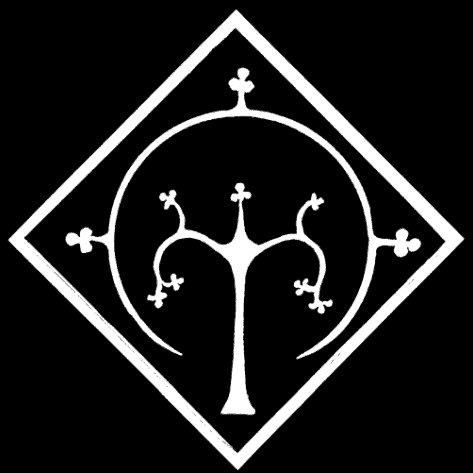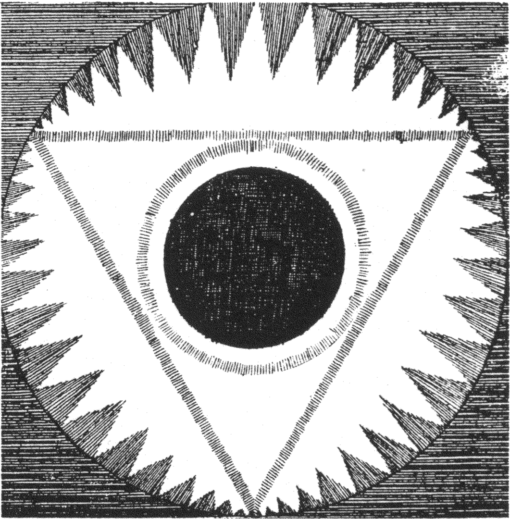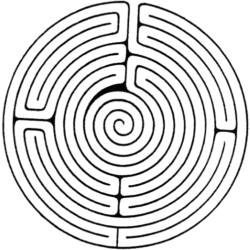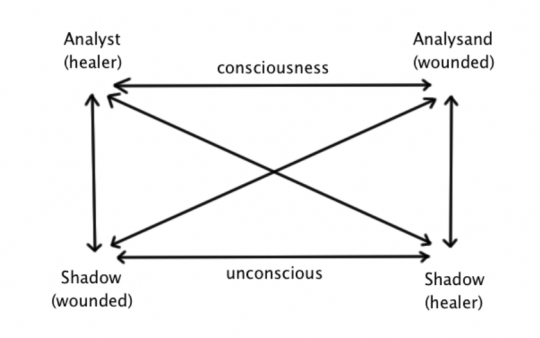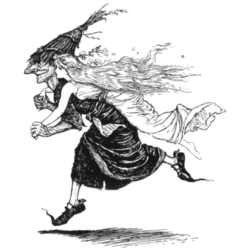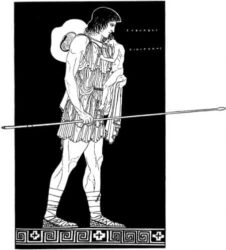Bonus: The Fate of Depth Psychology in the New Millenium
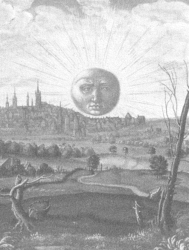
As we enter a new year, it seems right to share the recording of the program “The Fate of Depth Psychology in the New Millenium”, held in 1998. It includes introductory remarks by June Singer and a lengthy discussion with panel and audience members. We hope this event will facilitate reflection as we enter 2018. From the original CD jacket:
“As we approach the year 2000 humanity finds itself, as it always will, wrestling with the eternal questions of the meaning of existence and their relationship to spirit and matter. Given the direction of contemporary brain research and science, the growing psychopharmacological approach to mental and emotional disorders, the emergence of managed care, and the economics of psychotherapy and psychoanalysis, we have to wonder what challenges depth psychology will face in the years ahead.
This program takes up this critical question as seven Jungian analysts share their individual visions of the fate that awaits depth psychology in the new millennium. The panel members each present a brief synopsis of his/her vision and then engage with the audience in a lively discussion of their ideas, reactions, and intuitions.”

Podcast: Play in new window | Download (85.9MB)
For more seminars by June Singer, click here
For books by June Singer, click here
© 1998. This podcast is licensed under a Creative Commons Attribution-NonCommercial-NoDerivatives 4.0 International License. You may share it, but please do not change it, sell it, or transcribe it.
Music by Michael Chapman
Edited by Ben Law

